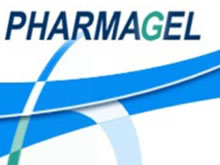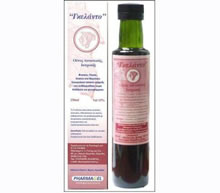
Dictionary of Allergies .. Endogenous and exogenous antigen processing
Endogenous and exogenous antigen processing
T cells recognize protein antigens as peptides on the surface of cells. There is a "basic dichotomy" between endogenous and exogenous antigens in the way in which they are processed and returned to the cell surface for recognition. Endogenous antigens (those produced within the body) follow the MHC Class I route, which splits the antigen into peptides and then directs the peptides back to the cell surface.
This process takes about 30 minutes. Exogenous antigens (those introduced from outside the body are processed by B cells in a longer (MHC class II) pathway. After splitting into peptides, the antigens follow a pathway leading to the lysosomal vesicles, where antigens are processed further before they are transported to the cell membrane.
The Class II process takes about 4 hours. The two routes determine the fate of the cell involved. A cell carrying endogenous antigen is killed. A cell carrying exogenous antigens is protected CD4 helper T cells which recognize these processed protein antigens.
References
Pernis, B.: How cells process antigens. ICACI Congress in Kyoto, Japan, October 1991.
Γκέλης Ν.Δ. - Λεξικό Αλλεργίας - Εκδόσεις ΒΕΛΛΕΡOΦΟΝΤΗΣ - Κόρινθος 2013
Gelis Ν.D. - Dictionary of Allergies - VELLEROFONTIS Publications - Corinth 2013




